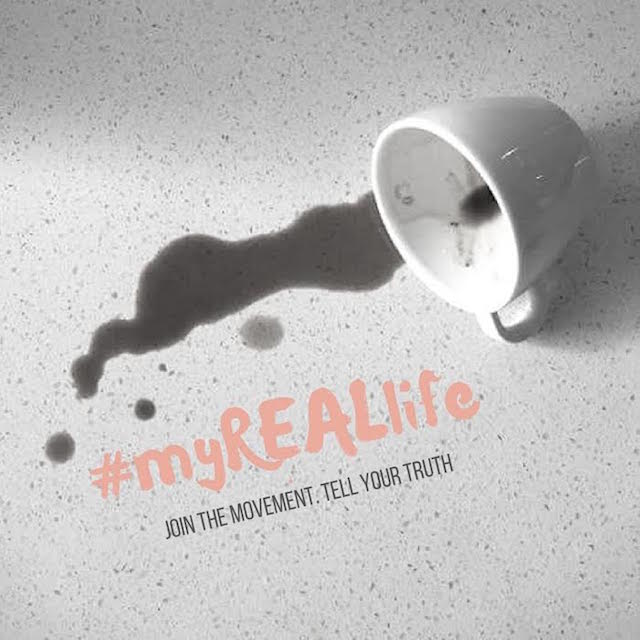Scrolling on Instagram or Facebook, we’re bombarded by seemingly perfect happy snaps.
Women flashing their engagement rings from the heights of a helicopter ride. Couples sipping champagne from first class lounge suites. Girls having #omgsomuchfun on a big night out (before it gets messy).
We’re all guilty of this kind of self-promotion, carefully engineering pictures of our beachside holidays or turmeric lattes. We get addicted to the temporary high of others admiring our “online lives.”
The more comments and likes we get on our posts, the better we feel about ourselves.
We all do this, and then compare our real lives to each other’s online lives.
We see pictures of people on yachts in the Mediterranean, sharing perfect dinners with beautiful friends in expensive outfits, or getting married in magical locations….
And secretly we think, Why don’t I have that? What’s wrong with me?
Deeper down it stirs a sense of not having enough.
…And even deeper, a sense of not being enough.
The way we use social media breeds self-doubt and separation. In an effort to “keep up,” we hide our daily struggles, hiccups and hurts and choose to only document our best selves. We compare ourselves to what appears perfect—and inevitably feel alone in our imperfection.
It’s natural and normal to compare ourselves with one other. In the old days, social comparison helped our ancestors to mutually prosper. For example, if your neighbor built a strong mud hut, you would have compared your hut to his and felt compelled to upgrade. But humans weren’t designed for living in a world where we compare ourselves to billions. Social media has widened our net.
Whilst we may not be able to stop social comparison altogether, we can change our basis for comparison.
What we don’t see on social media are the 10 times that person got a rejection letter before they got the book deal, the stress and strain that actually leads up to that perfect wedding, or the breakup that’s actually driving that girl to post those “look how happy I am” photos.
But what if we did? How differently might we feel about ourselves? And how much more connected might we feel as a global community?
We love makeup-less selfies and the underdog because they’re expressions of being human. Something we can relate to. They remind us that we all have our private struggles.
In a world obsessed with perfection, how different might things be if the top tennis players posted about the 20 times they missed a shot, rather than the ones they got in? If Beyonce posted about how hard it is to leave her daughter when she has to go on tour? Or Kim Kardashian posted about how tight those Spanx really are?
Perhaps this would breed a greater sense of connection. A sense that we aren’t the only ones who struggle. If there were ever a time to highlight our similarities rather than our differences—to highlight our “humanness” rather than our “perfectionism”—that time is now. By sharing the reality of our lives, we teach our children that success is the result of many mistakes and that life is the collection of many beautiful and many difficult moments.
This is the rich tapestry of our lives—and only half of our stories are being told.
So, what difference can we make?
We can join the #myREALlife movement.
Take photos of the times things don’t quite work out (alongside the times when they do). When you, like the rest of us, struggle with something (miss a plane, book a bad hotel, spill your coffee), post it with the hashtag #myREALlife. By capturing and celebrating these moments, we remind each other that we’re all human, we all stumble—and we’re all enough.
Tell your real story.
~
Author: Alicia Franklin
Image: Author’s Own
Editor: Toby Israel
~







Read 0 comments and reply